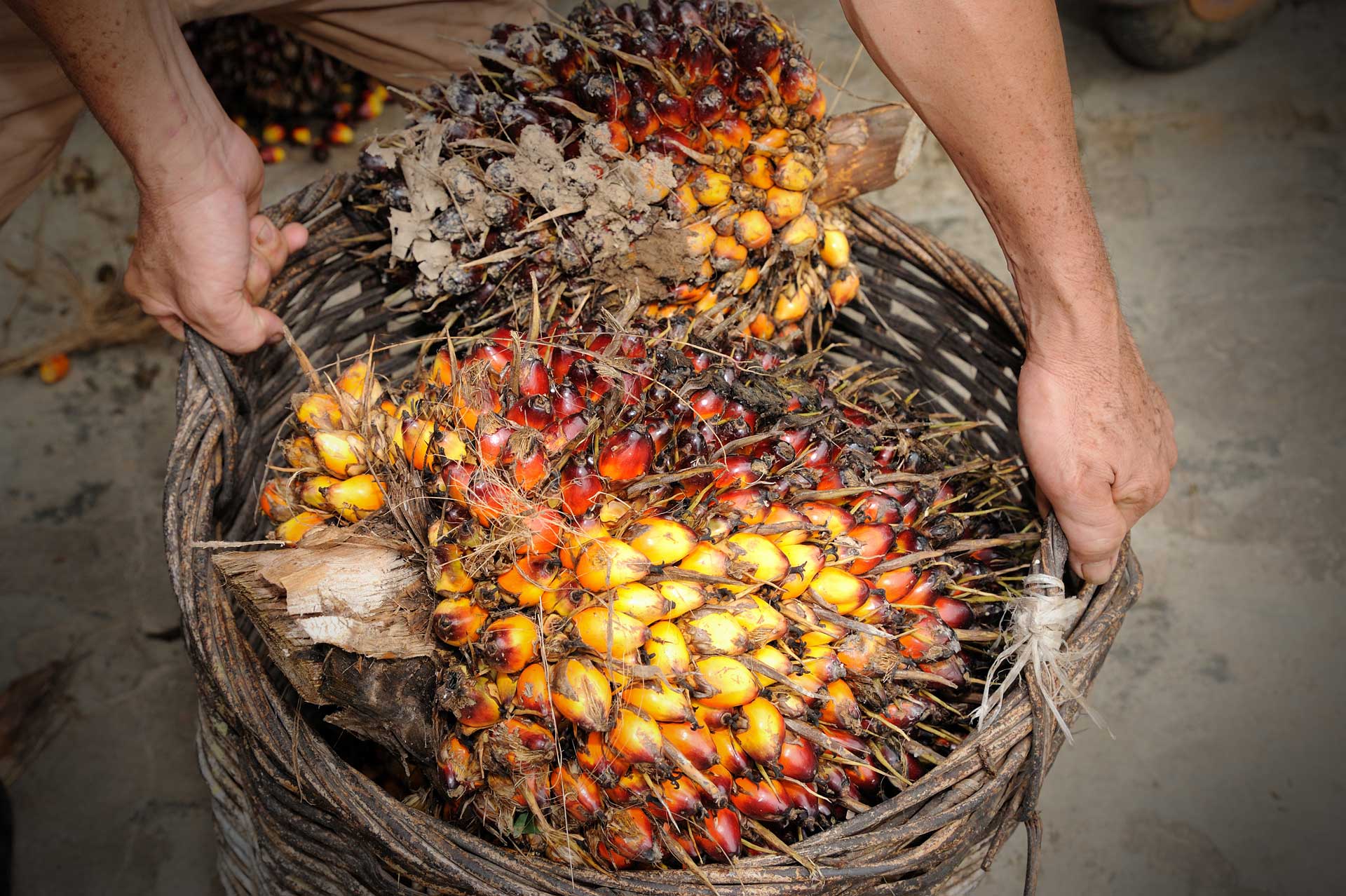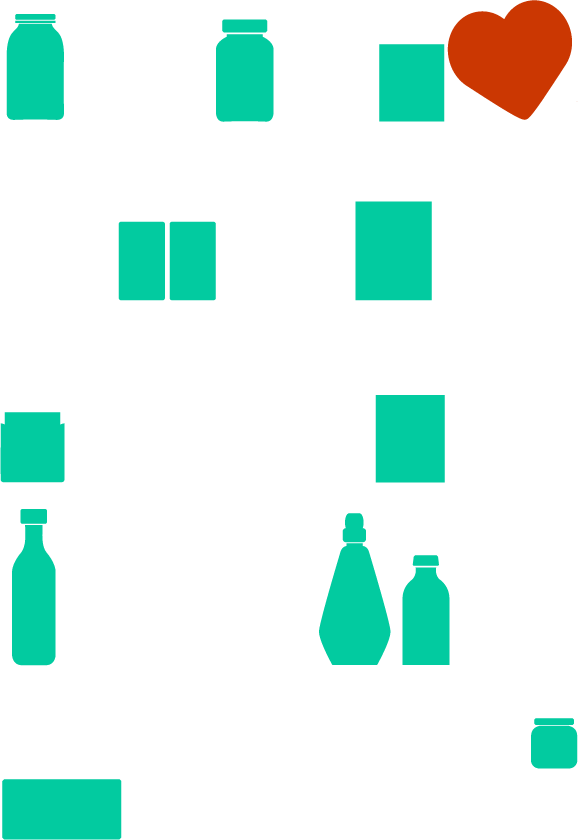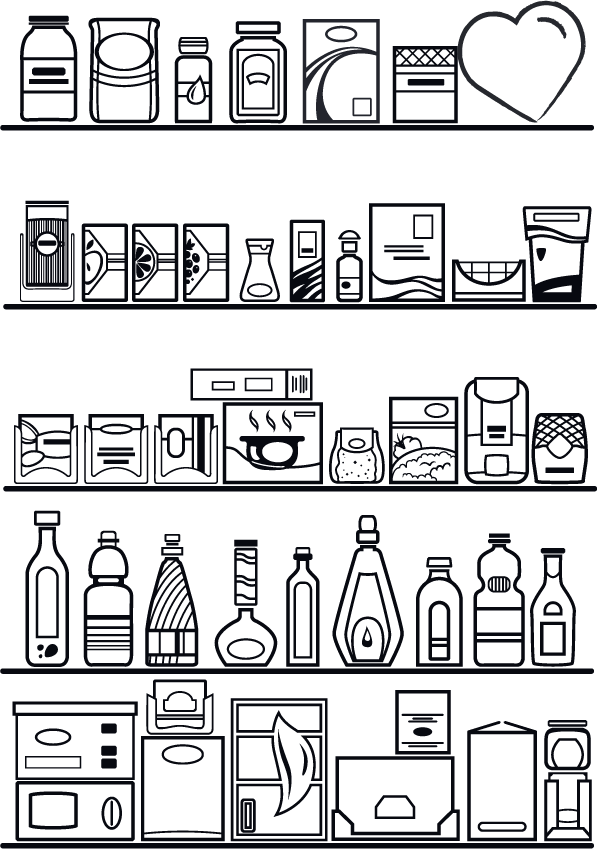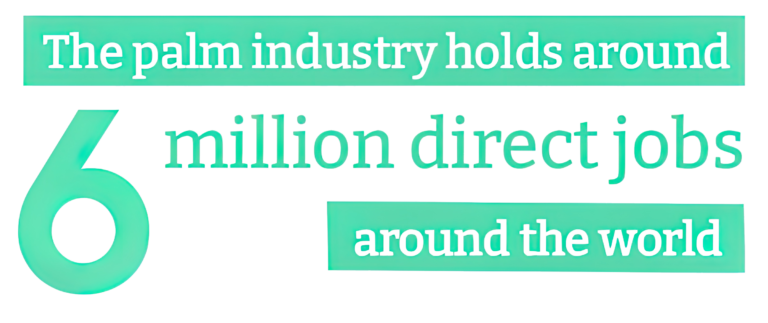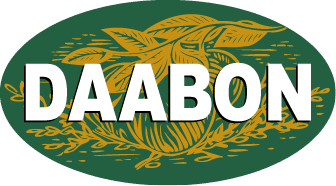What have you heard about palm oil?
Chances are, you’ve heard conflicting information—and for good reason. Suppliers of the ingredient have a variety of approaches, meaning not all palm is created equal. That’s why it’s so important to look for products made with palm oil that is sustainably produced.
Some suppliers have a history of harmful deforestation practices that destroyed land and animal habitats.
Others have unfair labor practices.
There is no transparency nor traceability with these suppliers.
Suppliers provide fairly paid employment and make full use of palm as a versatile ingredient.
They have a sustainable model that’s good to the environment and communities.
They offer full traceability from farm to table.

